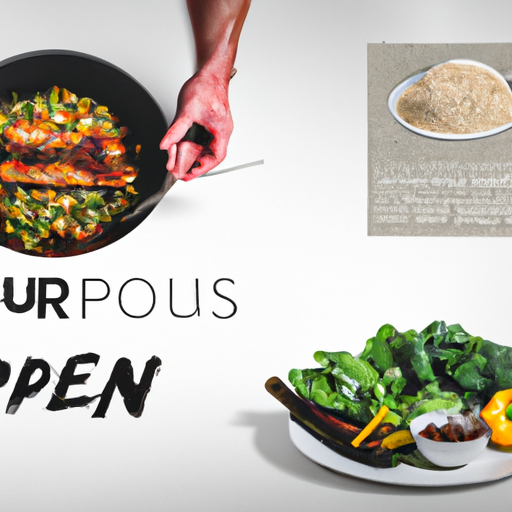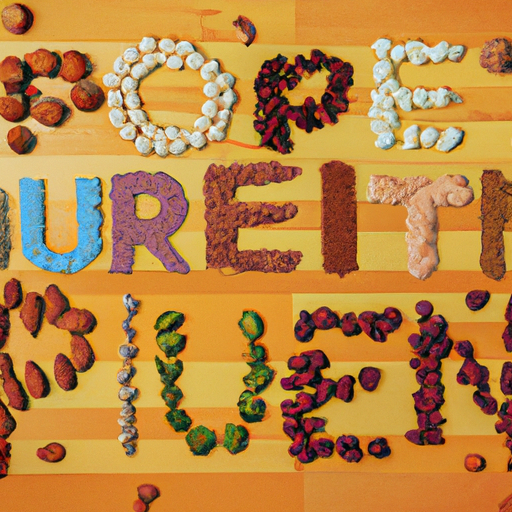Discover how to effectively build and maintain muscle mass through plant-based nutrition. This comprehensive guide debunks common myths about vegan protein sources and athletic performance. Learn practical strategies for optimizing your plant-based diet for muscle growth and recovery.

The misconception that building muscle requires animal protein has been thoroughly debunked by modern nutritional science. This comprehensive guide will show you how to effectively build and maintain muscle mass while following a plant-based diet, backed by current research and practical applications.
Understanding Protein Requirements
Protein is essential for muscle growth and repair, but the amount needed is often overestimated. Current research suggests that strength athletes require 1.6-2.2 grams of protein per kilogram of body weight daily. This requirement can be readily met through a well-planned plant-based diet, despite common misconceptions about plant protein adequacy.
Complete vs. Incomplete Proteins
The old notion that plant proteins are "incomplete" has been largely discredited. While it's true that some plant proteins may be lower in certain amino acids, eating a variety of plant foods throughout the day ensures all essential amino acids are consumed in adequate amounts. The body maintains an amino acid pool that it can draw from as needed.
Optimal Plant Protein Sources
Legumes like lentils, chickpeas, and all varieties of beans form the foundation of a high-protein plant-based diet. These foods not only provide substantial protein but also offer fiber and minerals essential for overall health and athletic performance. Soybeans and their products (tempeh, tofu, and edamame) are particularly valuable as they contain all essential amino acids in proportions similar to animal proteins.
Quinoa, buckwheat, and amaranth are protein-rich pseudo-grains that complement legumes perfectly. Seeds and nuts, particularly hemp seeds, pumpkin seeds, and almonds, provide not only protein but also healthy fats essential for hormone production and muscle recovery.
Optimizing Protein Absorption
To maximize protein utilization, focus on proper food preparation methods. Soaking legumes and grains reduces phytic acid content, potentially improving mineral and protein absorption. Sprouting seeds and legumes can increase their protein content and digestibility while reducing anti-nutrient compounds.
Meal Timing and Composition
Protein timing throughout the day matters for muscle synthesis. Aim to include protein-rich foods in each meal, with particular attention to post-workout nutrition. Consuming protein within 30 minutes after exercise, combined with carbohydrates, optimizes muscle recovery and growth.
Supplementing Wisely
While a whole-food plant-based diet can provide adequate protein, some athletes may benefit from supplementation. Plant-based protein powders made from pea, hemp, or rice protein can be convenient for meeting increased protein needs, especially around workouts. Creatine supplementation, which is typically associated with animal products, can be particularly beneficial for vegan athletes as plant-based diets naturally contain minimal creatine.
Addressing Common Concerns
Caloric adequacy is crucial for muscle growth. Plant-based diets are often less calorie-dense, so athletes may need to increase their food intake to meet energy requirements. Including calorie-dense foods like nuts, seeds, avocados, and whole grains helps meet these increased needs.
Micronutrient Considerations
Certain nutrients require special attention on a plant-based diet. Vitamin B12 supplementation is essential, as this vitamin is not reliably found in plant foods. Iron, zinc, and calcium can be obtained from plant sources, but their absorption may be lower compared to animal sources. Strategic food combinations and proper preparation methods can enhance absorption.
Practical Meal Planning
Successful muscle building on a plant-based diet requires planning. Start your day with protein-rich breakfasts like tofu scramble with vegetables or smoothies containing plant protein powder, fruits, and leafy greens. Post-workout meals should combine protein sources like lentils or tempeh with complex carbohydrates and healthy fats.
Tracking Progress
Monitor your progress through various metrics beyond just the scale. Take regular measurements, progress photos, and strength recordings. Pay attention to how you feel, your recovery time, and your performance in workouts. Adjust your nutrition plan based on these observations.
Overcoming Plateaus
If muscle gains stall, first ensure you're eating enough total calories and protein. Consider cycling your calories with higher amounts on training days and slightly lower amounts on rest days. Vary your protein sources to ensure a complete amino acid profile and experiment with different meal timing strategies.
Conclusion
Building muscle on a plant-based diet is not only possible but can be highly effective when properly planned. The key is to ensure adequate calories and protein from varied sources, pay attention to meal timing and composition, and address potential micronutrient needs. With proper planning and execution, plant-based athletes can achieve their muscle-building goals while enjoying the many health benefits of a vegan diet.



